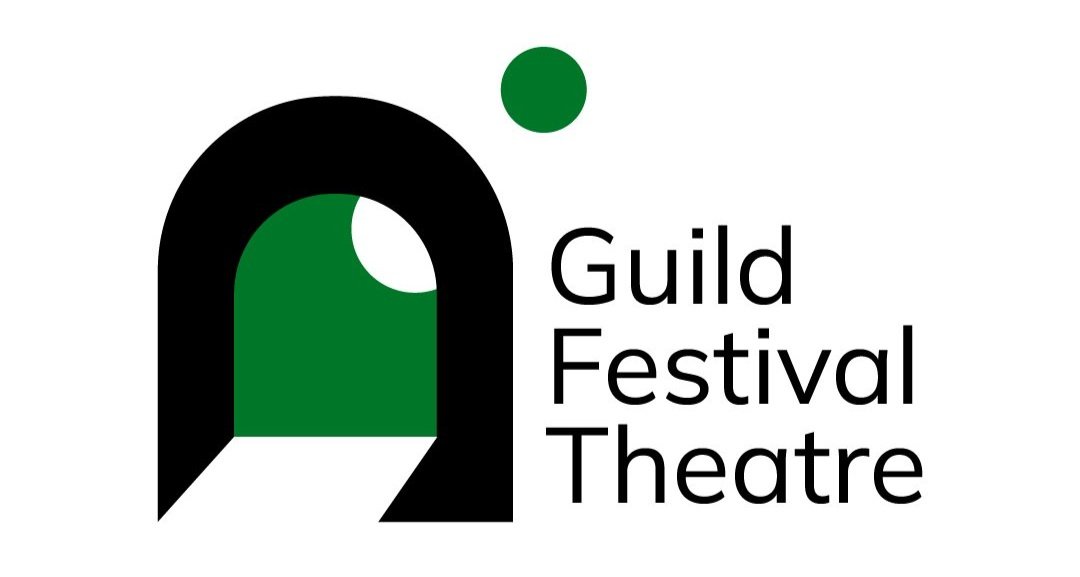Being a Reader: Behind the Scenes at GFT Auditions
by Bonnie Duff
April 2025
Bonnie Duff is Guild Festival Theatre’s Marketing & Communications Assistant, and Project Manager: New Communities Outreach.
Before the rise of streaming services, the beginning of every calendar year would bring “pilot season”- the period of time in which most television shows cast to film an inaugural “pilot” episode to pitch to networks and investors. While the move to multi-platform streaming services has made this a year-round process, January-March remains a busy time of auditions for Canadian actors, in the world of theatre as well as film.
With companies gearing up for their summer seasons (and larger companies like the Stratford and Shaw Festival auditioning in the winter for the season in the next calendar year), the end of the holiday season brings an influx of audition postings. For GFT, the summer season begins in July, which means rehearsals start in June. This year, our auditions took place in January, and casting was complete by the end of February.
In The Room Where It Happens
Hosted at a rental studio at B-Street Collaborative, actors arriving for the auditions for The 39 Steps and Heratio were met by General Manager Christine Luksts, and told that in the audition room waited Co-Artististic Directors (and directors of The 39 Steps and Heratio, respectively) Tyler J. Seguin and Helen Juvonen. Rounding out the team in the room was me- Communications Assistant Bonnie Duff, acting as a reader for the actors sharing the work they had prepared.
Tyler and Helen at our callbacks, held at the Chartwell Retirement Home.
What is a Reader?
At these particular auditions, actors had been provided with short scenes from the shows they were auditioning for - key moments of the play that feature a significant moment for their character. To allow directors the focus to observe the actor’s work rather than read the other character’s lines in the scenes, auditions often have “readers”- sometimes another actor, sometimes a staff member, but someone who can give a consistent “read” of the other lines in the scene between each auditioner to give them an even playing field, while still being able to adjust and play with the scene depending on what individual actor is bringing in. After all, people’s interpretations of characters and scenes can differ dramatically, and what one person prepared might be entirely different from the next!
I primarily read with our Heratio actors - and as an actor myself who has worked with adaptations of Shakespeare (my first show ever being a musical comedy adaptation of Titus Adronicus at the 2015 Vancouver Fringe- yes, it was as wacky as it sounds!), it was a blast to see how actors brought to life these characters: some known to us (but with a twist) from Shakespeare’s Hamlet, some of playwright Genevieve Adam’s own creation.
The Audition
Auditioning can be a nerve-wracking process, but something that struck me throughout the day (and at the subsequent callbacks that would be hosted in the theatre space at the Chartwell Retirement Home in Guildwood) was the delightful realization, over and over, that there was no “right way” to do the scenes. Especially with a new work- from emerging artists, to actors with decades of experience, each actor brought something delightfully unique to the characters they were auditioning for… which made for an almost infinite number of possible cast combinations, depending on what direction the director wanted to take each individual character, and the cast as a whole. Having been a “scene partner” with almost all those auditioning, I would have been thrilled to see onstage any version of the cast of Heratio!
At the end of each audition, when the scenes were done (and questions such as “have you ever worked outside before?”- the atmospheric adventure that is outdoor summer theatre is no joke!) Helen asked each person the same question:
“What is something that is inspiring you lately?”
From descriptions of other plays they were working on, to books they were reading, to one mention of the intelligence of horses, we got a peek into the lives of these artists who had shared their work with us. At the end of the day, I couldn’t help but feel that my answer to that question would be the experience of the day as a whole: having the opportunity to see the work-in-progress of all these talented actors (some of whom I knew personally, some of whom I’d only ever seen on stage, some of whom I’d never met), and witnessing first hand how truly everyone “behind the table” wants everyone actor auditioning to succeed.


